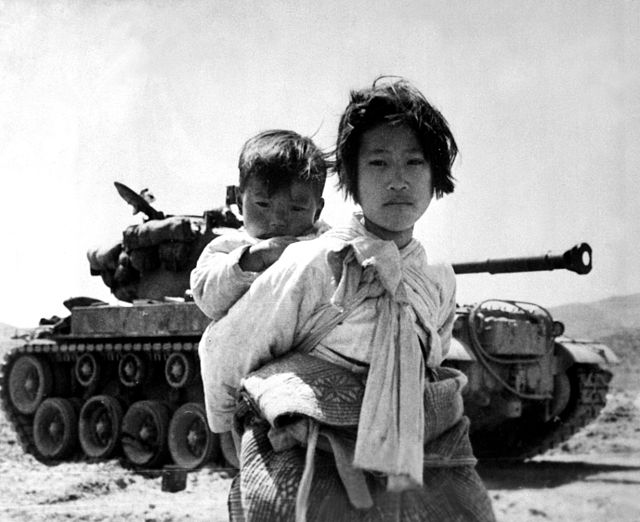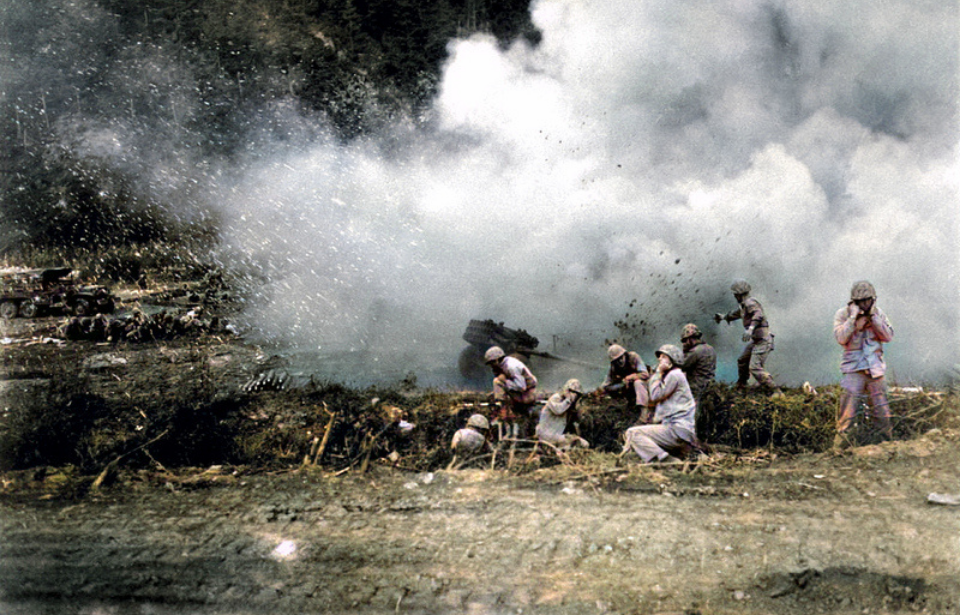The South Korean government has shared that talks regarding an end-of-war declaration between it, North Korea and the United States may be coming to a close, nearly 70 years following the Korean War, which saw fighting occur between 1950 and 1953.

The remarks were made by Lee In-young, Chief of South Korea’s Ministry of Unification, at an academic conference at Hankuk University of Foreign Studies in Seoul. Lee said both South Korea and the US have been in talks regarding a declaration to formally end the war, adding that the deal “is coming to a finish to some degree.”
Talks between South Korean and American diplomats began following a speech made before the UN General Assembly by South Korean President Moon Jae-in. During it, he said that the signatories need to “come together to declare that the war on the Korean Peninsula is over,” referring to the fact that the armistice agreement signed in 1953 simply put a stop to fighting and didn’t offer a long-term peace treaty.
“When the parties involved in the Korean War stand together and proclaim an end to the war, I believe we can make irreversible progress in denuclearization and usher in an era of complete peace,” he added.

Currently, officials are at odds regarding the timing and sequence of talks over a potential end-of-war declaration, with US officials expressing concern over the urgency with which Moon is pushing for it to occur. They have also expressed worry over how it could affect America’s talks with North Korea.
Speaking with The Diplomat, Mason Richey, professor of international and area studies at Kankuk University, said, “Washington does not seem to at all think a front-end declaration of the end of the Korean War is a good idea in the context of negotiations with the North. Washington sees such a declaration as an output of diplomacy, not an enticement for the North to come to the negotiation table.”
Despite this, South Korean diplomats have expressed optimism. Choi Jong-kun, the country’s Vice Foreign Minister, told reporters in Washington, D.C. that he expects a “good result,” while Foreign Minister Chung Eui-young said “the coordination between South Korea and the US is in the final stage” and that “the format and content of the end-of-war declaration have almost been agreed upon.

Following Moon’s speech in September, Kim Yo Jong, Kim Jong-un’s sister and speaker for inter-Korean relations, said North Korea partially welcomed the proposal, but that the country would not renew talks unless the US makes some concessions. This would include the removal of the “hostile policy,” leading to the withdrawal of US troops from South Korea and halting joint US-South Korea military drills.
There is also no guarantee that North Korea would accept such a declaration, with the primary goal at this point being for the US and South Korea to persuade the country to sit down for talks.
“It is not yet transparant whether North Korea would respond to some degree in its relations with South Korea and the US in the future,” said Lee. “But North Korea seems to be trying to come out with its response strategies, while seeing follow-up responses with South Korea and the US.”

The hope is the three countries will be able to come together before Moon’s term as president ends in May 2022.
